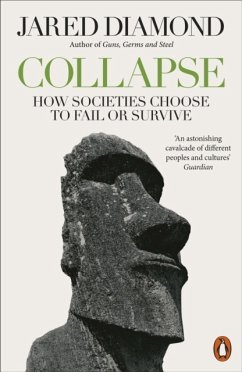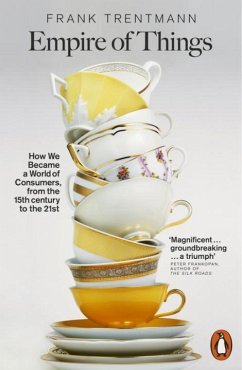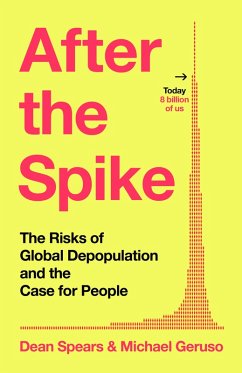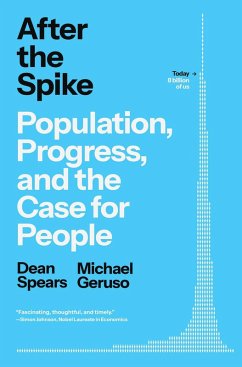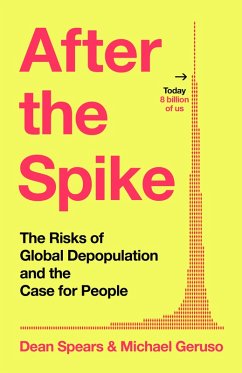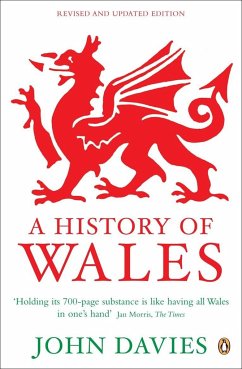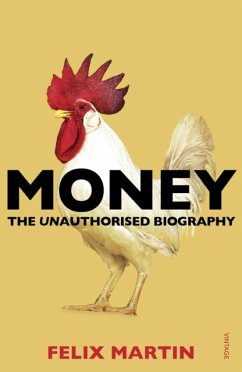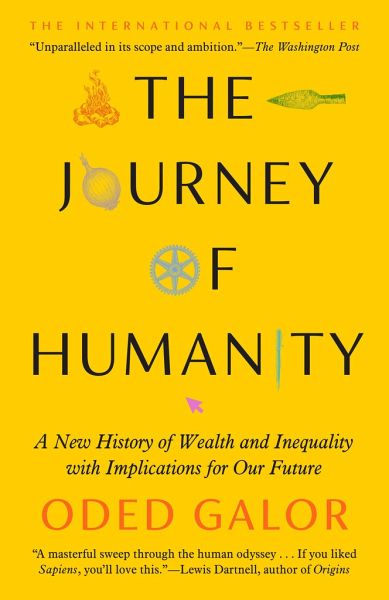
The Journey of Humanity
A New History of Wealth and Inequality with Implications for Our Future
Versandkostenfrei!
Versandfertig in 1-2 Wochen
16,99 €
inkl. MwSt.
Weitere Ausgaben:

PAYBACK Punkte
8 °P sammeln!
Now in paperback, the ambitious, discussable big think book by an influential economist, about the power of diversity and humanity's growth, via a multidisciplinary approach that examines exactly what sets humans apart from the rest of the animal kingdom,




